Statement Of NPPC President R.C. Hunt On Safeway’s Decision On Sow Housing
America’s hog farmers are committed to producing safe, affordable and healthful foods for consumers, using industry practices that have been designed with input from veterinarians and other animal-care experts. Providing humane and compassionate care for their pigs at every stage of life is one of the ethical principles to which U.S. hog farmers adhere.
With regard to Safeway’s decision to give preference to pork suppliers who phase out individual sow housing, the National Pork Producers Council is concerned that similar actions taken by governments – or other restaurant or grocery chains – have increased production costs and consumer prices. These actions have forced some hog farmers out of business or caused them to reduce operations, with no demonstrable health benefits to sows. (A study on the United Kingdom’s ban on individual sow housing found that the pork supply in the UK has dropped 40 percent since the ban took effect in 1999, with a rise in pork production costs that were running 12 percent above the European Union average in 2009 and a rise in the price of pork by 25 percent between 1999 and 2004. See “Consumer and Food Safety Costs of Offshoring Animal Agriculture,” a report prepared for the United Soybean Board, Sept. 29, 2011.)
In this country, when hog farmers have gone out of business or scaled back operations in the past, it has led to consolidation.
NPPC supports the position taken by the American Veterinary Medical Association and the American Association of Swine Veterinarians, which recognize gestation stalls and group housing systems as appropriate for providing for the well-being of sows during pregnancy. In fact, the key factor that most affects animal well-being is husbandry skills – that is, the care given to each animal. There is no scientific consensus on the best way to house gestating sows because each type of housing system has inherent advantages and disadvantages, so no standard should be imposed on the industry by activist organizations.
While NPPC respects the right of companies to make business decisions that are in their best interests, it seems that Safeway was intimidated by an animal rights group whose ultimate goal is the elimination of food-animal production. The Humane Society of United States, which has filed shareholder lawsuits against food companies, has no concern for the hog farmers who care for their pigs every day, for families struggling to purchase food or for the hog farms that struggle to stay in business or may go out of business – costing rural America thousands of jobs – because of its campaign against America’s farmers.
